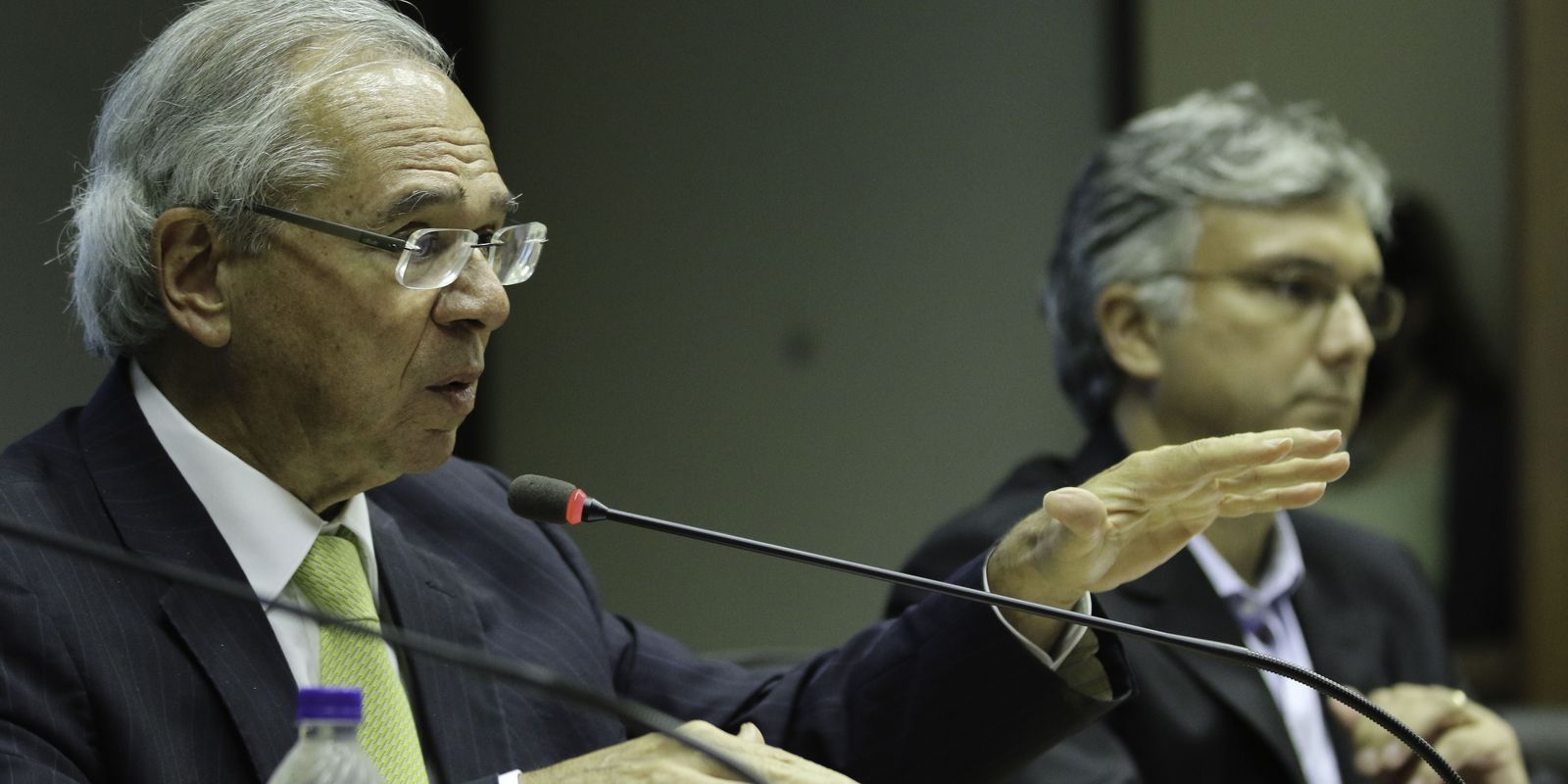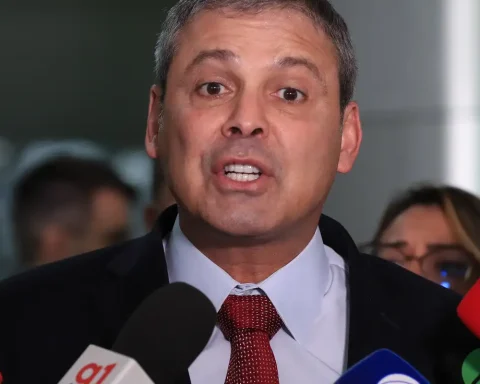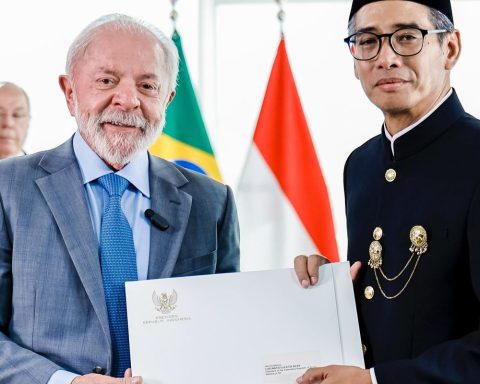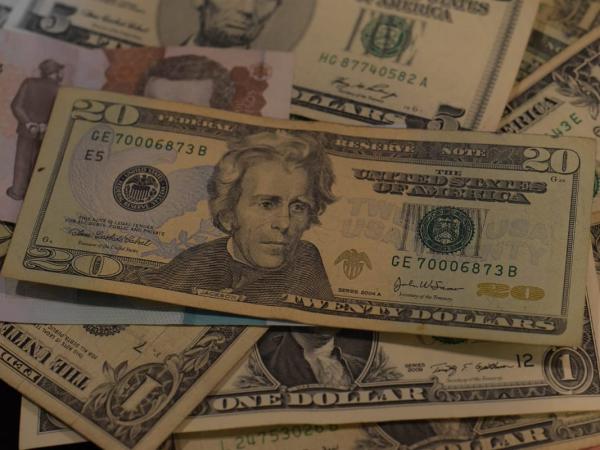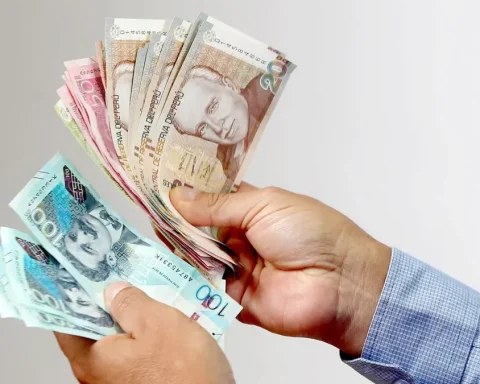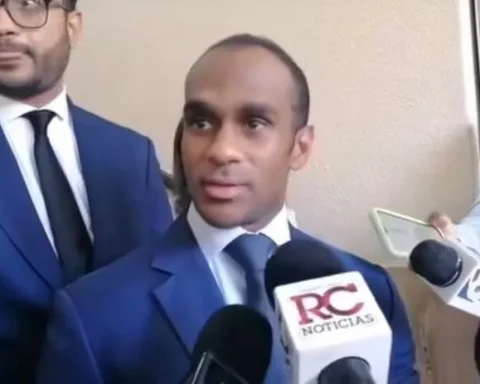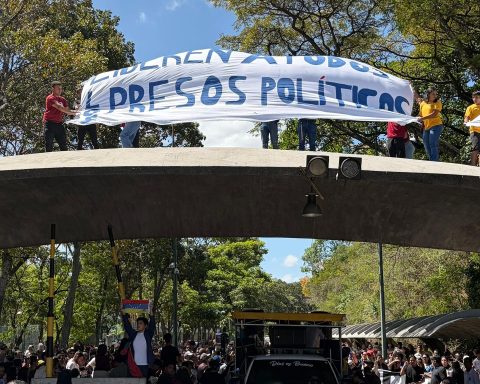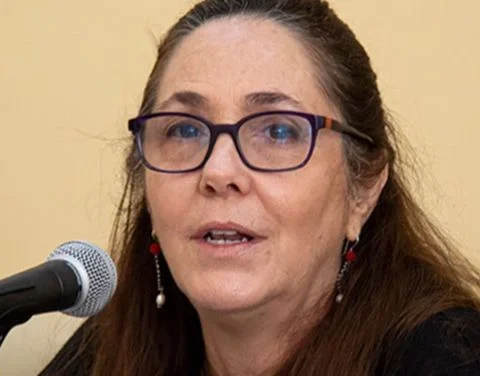The withdrawal of exemptions would guarantee obtaining a primary surplus in 2023, said today (22) the Minister of Economy, Paulo Guedes. In a presentation shortly before the release of the Bimonthly Report on the Evaluation of Revenues and Expenses, the minister did not comment on the new cut of BRL 5.7 billion in the 2022 Budget, but praised it for rendering accounts of economic management over the last four years.
According to Guedes, with the end of tax exemptions, the future government would be able to transform the primary deficit forecast at 0.4% of Gross Domestic Product (GDP) in 2023 to a surplus of 0.4% of GDP. This year, the government cut or reduced R$71.56 billion in federal taxes. However, if exemptions and special regimes that have been in force for many years are included, the bill would be around R$400 billion.
Last year, the government included in the Proposal for an Amendment to the Constitution (PEC) Emergency, which became known as the New Fiscal Framework after approval, the obligation to present a plan to review tax exemptions, but the measure was never adopted.
spending cap
Despite improving the government’s primary result (saving resources to pay interest on the public debt), the withdrawal of exemptions does not alleviate the compression of expenses due to the expenditure ceiling. On the last 16th, the elected vice-president, Geraldo Alckmin, presented a PEC to exclude up to R$ 198 billion from the ceiling starting next year. The money would be used to maintain the value of Bolsa Família at R$600, pay an additional R$150 to families with children up to 6 years old, and make federal investments of up to R$23 billion.
With the resources excluded from the ceiling, the future government would gain fiscal space to recompose the Budget by around BRL 105 billion and guarantee the execution of social programs and public policies that had cuts in the 2023 Budget project.
The end of exemptions has no effect on the ceiling because the primary result considers revenues and expenses and can be inflated in times of economic growth and high inflation, as currently occurs. The spending limit, on the other hand, affects only expenses and, as it was adopted in Brazil, is not related to economic cycles and applies both to times of growth and to times of downturn in the economy.
Swing
During the presentation, Guedes took stock of the four years of management at the head of the Ministry of Economy. He refuted what he called “false narratives” and again said that the current government managed to “win both wars [pandemia de covid-19 e a guerra na Ucrânia] with fiscal responsibility and everybody working”.
“Did we all make mistakes and leave the country in ruins? Is this the truth or are people lying?”, asked the minister, who made a comparison with extraterrestrials and a parallel universe. “Did an extraterrestrial being pass by or did a government with well-produced axes pass by?”. Then, the minister warned about an alleged “history of inversion and parallel universe”.
“We faced all of this, rendering accounts with transparency and we reached the end without pushing an account into the future. Want to create an alternate history? So the TCU [Tribunal de Contas da União] slept on the spot, the government was irresponsible and the minister was inept?”, he continued to ask.
The minister also presented projections on the economy. According to Guedes, the government will reach the end of 2022 with a gross debt of 74.3% of GDP. In September, according to the most recent data available, the indicator was at 77.1% of GDP. Guedes said that the central government’s primary surplus could reach 0.4% of GDP in 2022, against the projection released today of a positive result of 0.2%.
